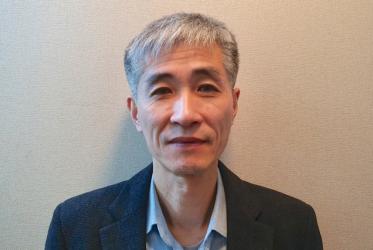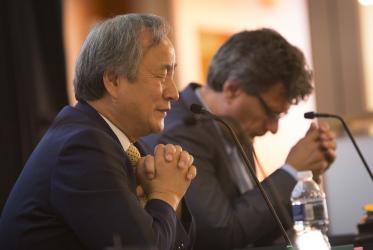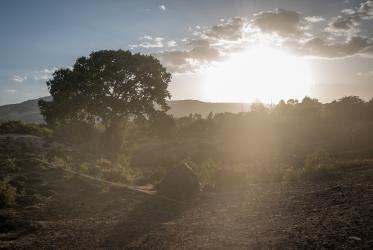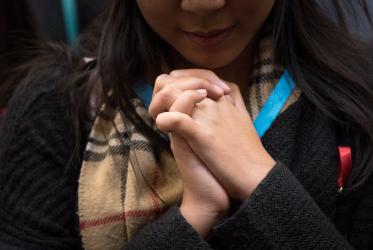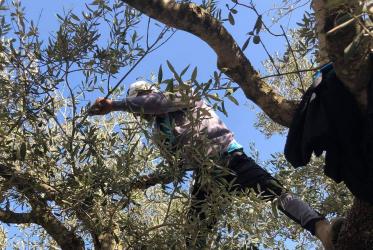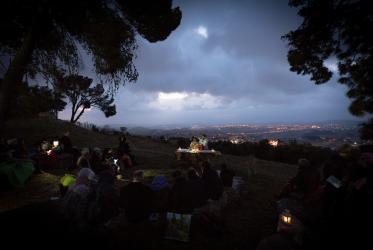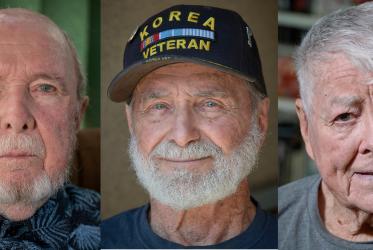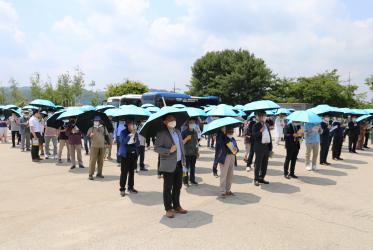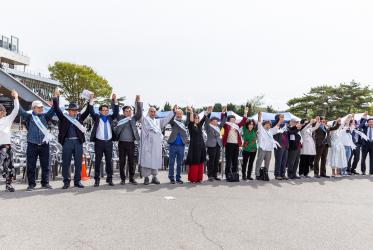Displaying 101 - 120 of 304
06 January 2021
Rev. Shin Seung-min: “We want to create hope, not despair”
22 December 2020
Bishop Hee-Soo Jung: “Prayer is a radical action”
11 December 2020
WCC urges “return to dialogue rather than conflict” in Ethiopia
13 November 2020
WCC condemns recent extremist attacks around the world
03 November 2020
“Your life is in peace when you collect the olives"
29 October 2020
“Olive trees are holy signs of peace, older than anyone”
22 October 2020

